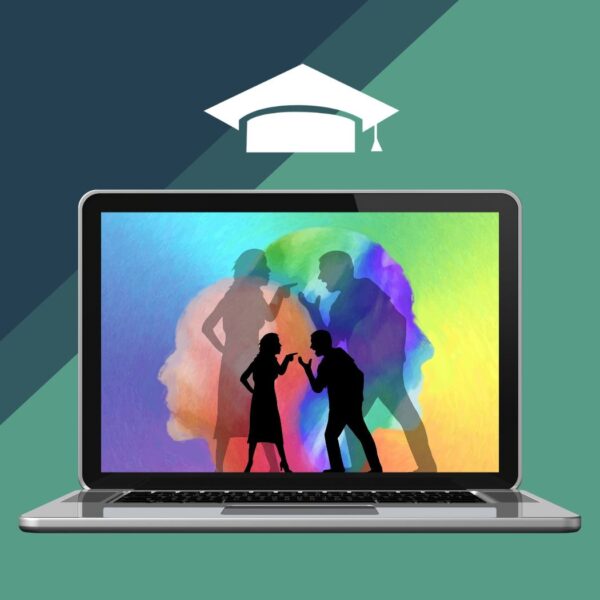Understanding and Resolving Conflict in Community
5-Week Online Course | Starts April 3, 2025
Attendees will learn how to work their way through conflict, finding growth and richer relationships on the other side in the Understanding and Resolving Conflict in Community course.
Course fee: $100-$200 USD
Individual class fee: $20-$50 USD
On this page:
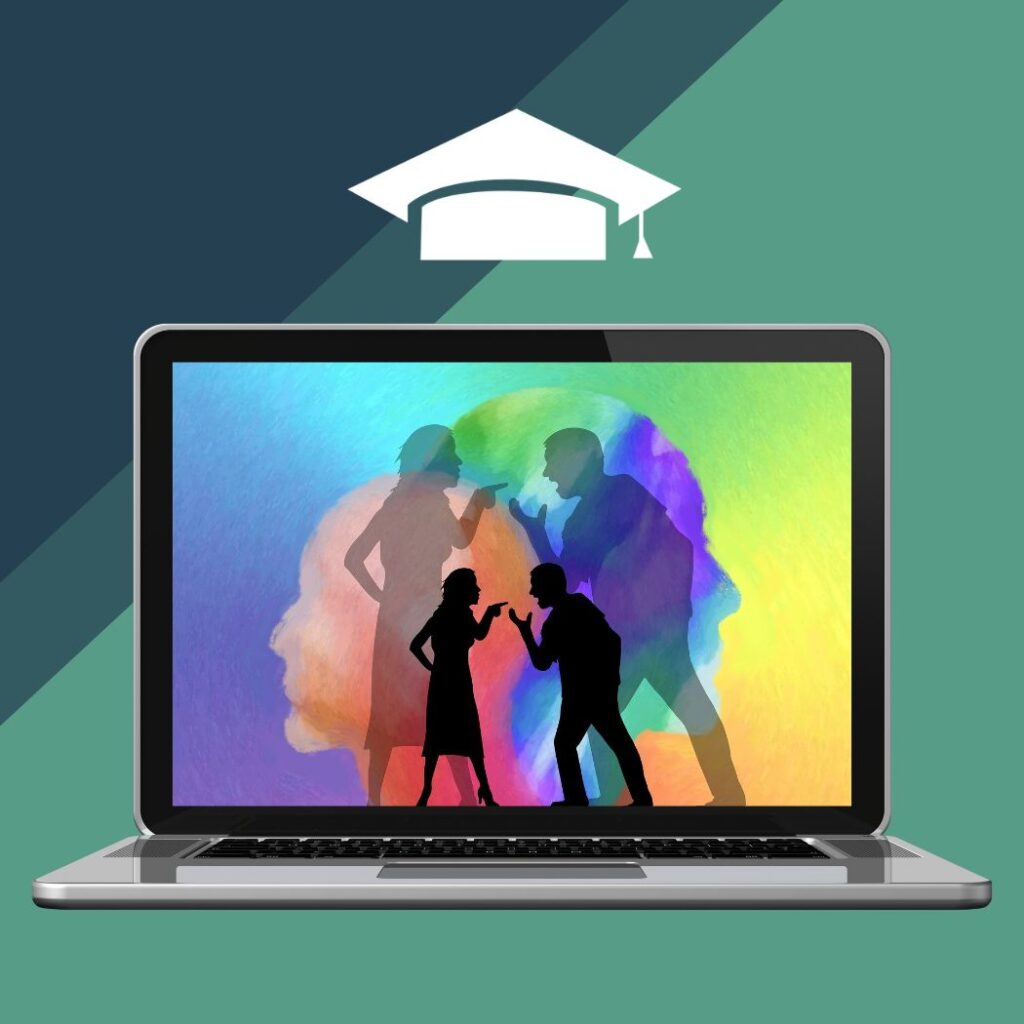
Understanding & Resolving Conflict in Community
Classes in this course are suitable for:![]() Community Newcomers |
Community Newcomers | ![]() Community Seekers |
Community Seekers | ![]() Community Starters |
Community Starters | ![]() Community Residents
Community Residents
Course description and syllabus
Conflict can be one of the greatest gifts of community life.
As counterintuitive as it may sound, conflict is the space where relationships grow. However, because we don’t know how to work through conflict productively, our past experiences of disagreements center on pain, anger, and loss, with very little upside. As a result, many communitarians avoid conflict at any cost and find themselves caught in a feedback loop of frustration and resentment.
In the Understanding and Resovling Conflict in Community course, instructor Karen Gimnig will teach tools for working through minor disagreements and major conflicts in ways that enrich relationships, build trust, and strengthen communities. We’ll use the structured listening of Imago Dialogue to deepen understanding of ourselves and our dialogue partners.
This is a highly participatory course. Attendees will pair off to practice the skills of the dialogue and process work through their feelings. They will experience the potential for learning and growth that comes with deep conversation, especially when the conversation is about conflict. We’ll finish the course with a couple of sessions demonstrating how community members can support others who may be in conflict, perfect for Harmony Teams.
Classes and topics in the Understanding and Resolving Conflict in Community syllabus include:
Individual classes starting at US $20
Please note that Classes 1 & 2 are prerequisites for Classes 3-5. So while Classes 1 & 2 can be taken individually, Classes 3 – 5 cannot. It is advised to take the full course if possible.
April 3: Mirroring- A Way To Listen Deeply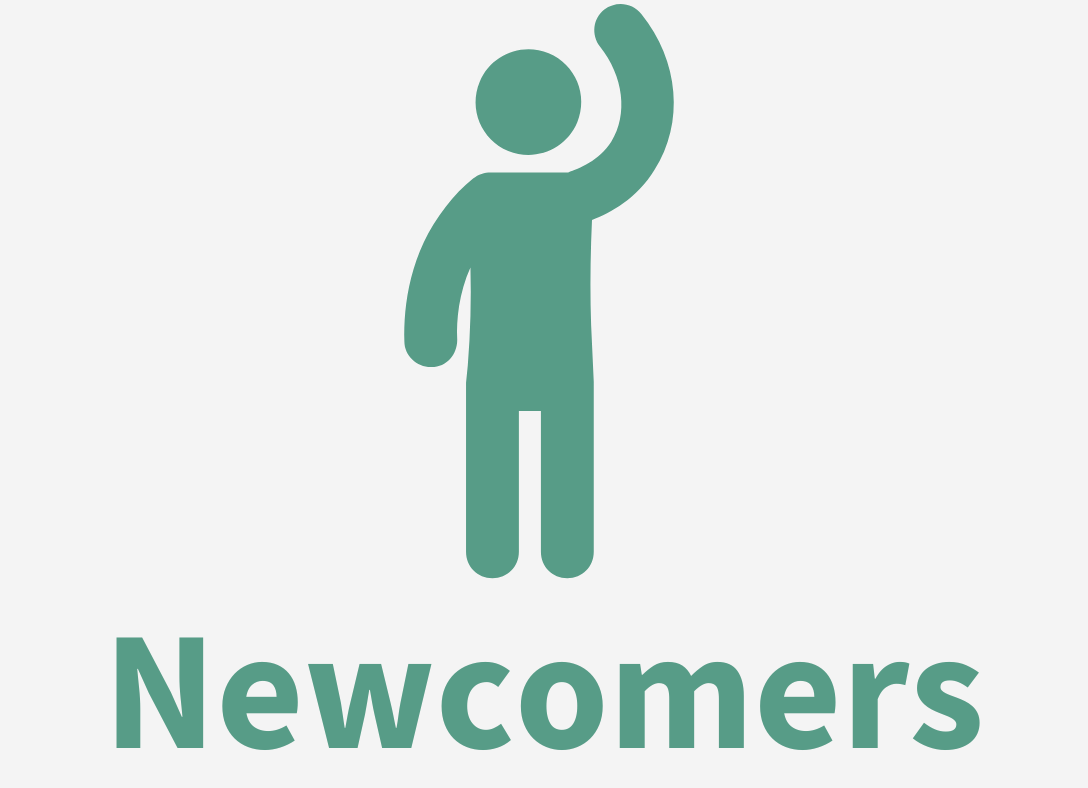
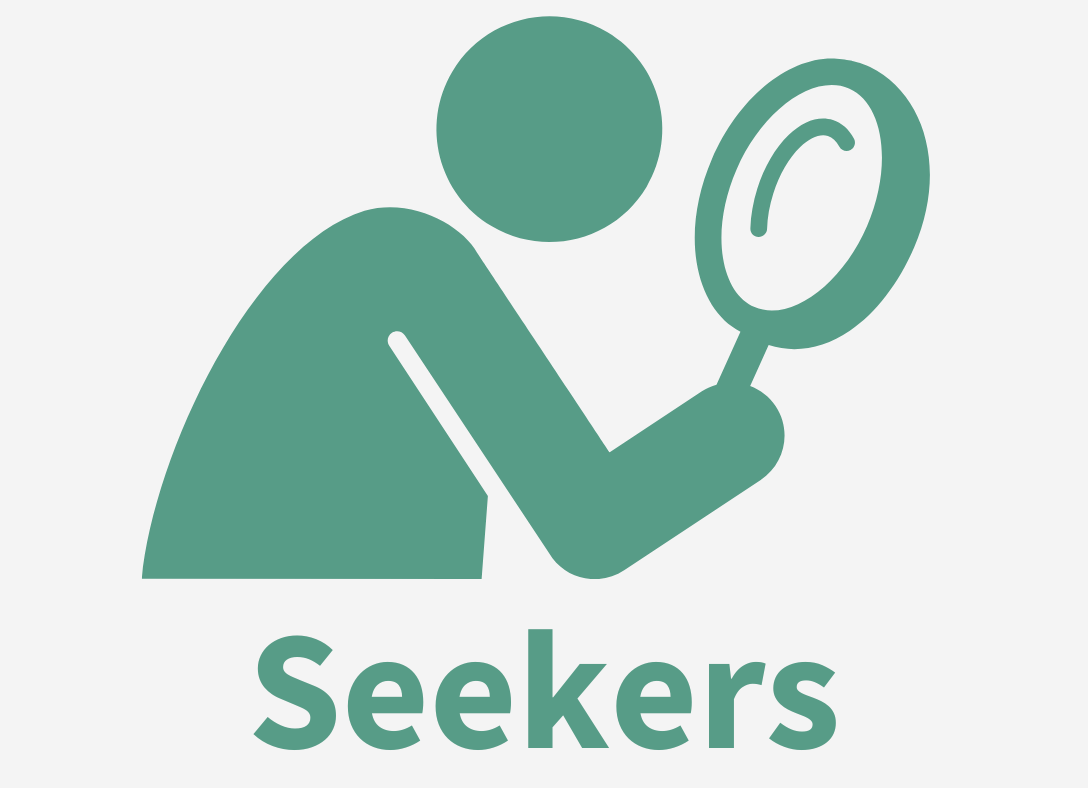
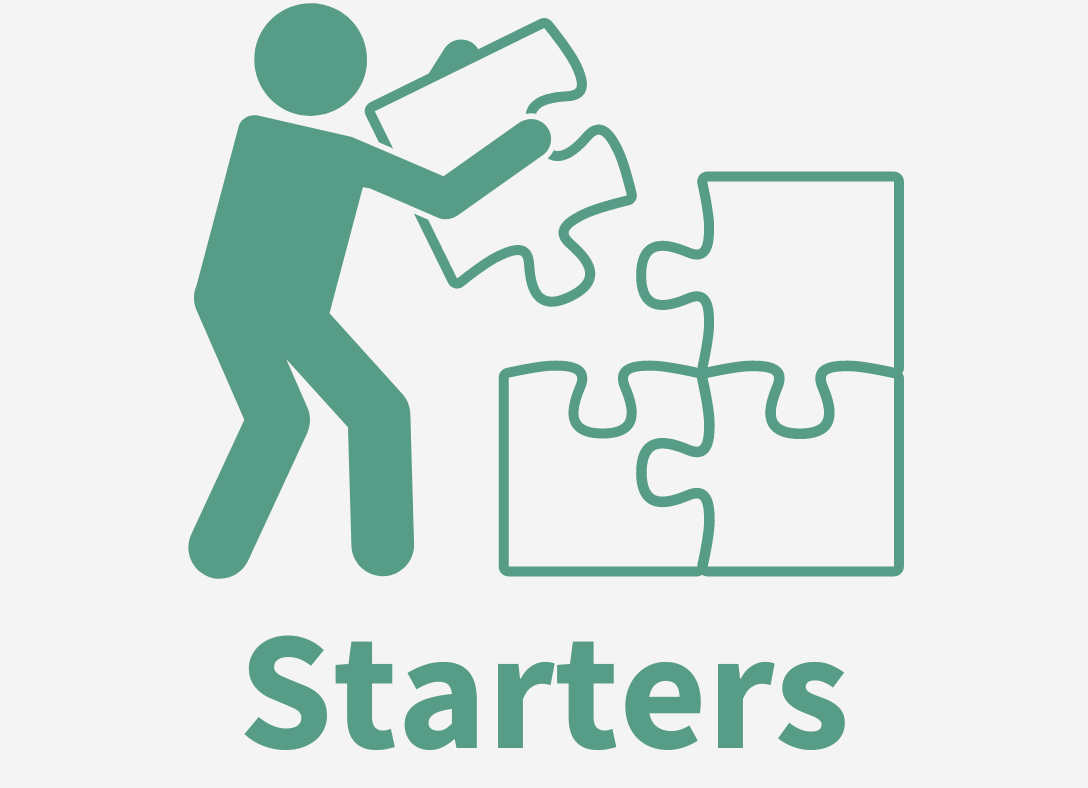
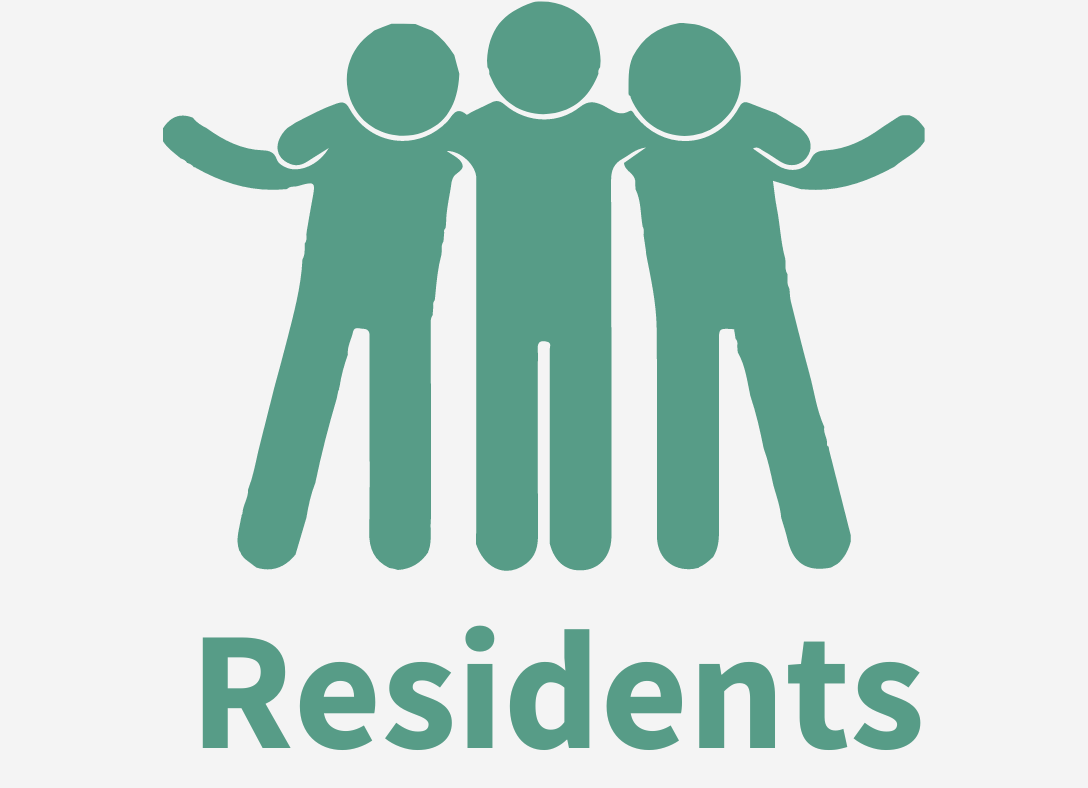
- Mirroring in Imago dialogue
- Being quiet is different than listening
- Being heard by another improves self awareness
- Making it safe for others to disagree with me
April 10: Validation and Empathy 



- Validation is different than agreement
- Finding the sense in an opposing idea
- Empathy – connecting in the heart space
- Conflict forms – a community tool for better conflict
April 17: Dialogue



- Speaking so others can listen
- Listening when others speak unskillfully
- Imago Dialogue – putting the pieces together
April 24: Individual Conflict Support



- Overview of supporting others in conflict
- Supporting others in their individual work around conflict
- Demonstration
May 1: Dyad Conflict Support



- Helping two people be present with each other
- Facilitating an Imago Dialogue
- Demonstration
All Understanding and Resovling Conflict in Community course classes are held on Thursday from 10am-12pm Pacific / 11am-1pm Mountain / 12pm-2pm Central/ 1pm-3pm Eastern. You can view your local time here.
May 8:Q&A Session
- Ask any additional questions
- Get personalized help
- Networking
The Q&A session is optional and will take place from 10am-11am Pacific / 11am-12pm Mountain / 12pm-1pm Central/ 1pm-2pm Eastern. You must register for the full course to attend the Q&A session. The Q&A session will NOT be recorded.
Your instructor
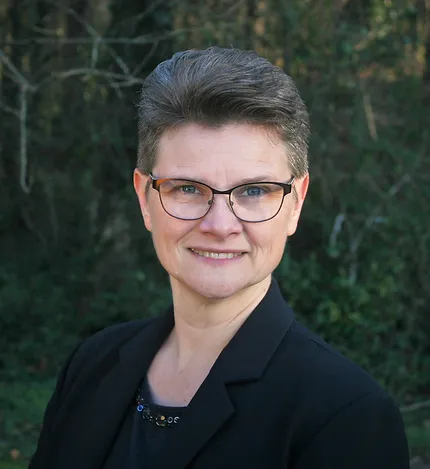
Karen Gimnig
Karen is a group facilitator, motivational speaker and relationship coach. Her passion is to help groups achieve their goals for connected and trusting relationships through skill building and personal exploration.
As an Imago Facilitator, Karen uses the theory and practice of Imago Relationships to guide teams and communities through the complexity of working together. She helps groups and individuals identify root causes of challenges and then walks beside them offering gentle support as they seek solutions.
Karen enjoys working with non-profit organizations, communities (including communities of faith), and workplaces. Her clients describe her as “profoundly effective,” increasing trust and providing simple (but not easy) tools for improved communication and relationships.
You can learn more about Karen and her services here.
Testimonials
Registration
You might also be interested in:
- The Cooperative Culture Handbook by Yana Ludwig and Karen Gimnig
- Communities Magazine #104 – Conflict and Connection
- Understanding & Resolving Conflict in Community (Full Course)
The elements of an online course
Online learning platform
Once you register, you’ll get access to our learning area that includes:
- class video recordings, audio files, and transcripts for learning on the go
- interactive presentations
- recommended books with access to course participant discount
- class slides and other course materials
- a dedicated discussion forum to connect with your classmates
Live interactive sessions
Each week you join a ~2-hour live class with the course instructor, where you learn in a group setting with:
- the opportunity for questions and answers, and personalized support
- break out sessions
- group discussions
Classes are recorded if you miss one, and you will have 30 days after the last class to view recordings.
Journey with a cohort
You’ll join participants from around the world how, like you, want to learn how to be better communitarians. Benefits include:
- opportunities to connect with like-minded people
- opportunities to share ideas and stories
- a network of support to carry your community project forward

